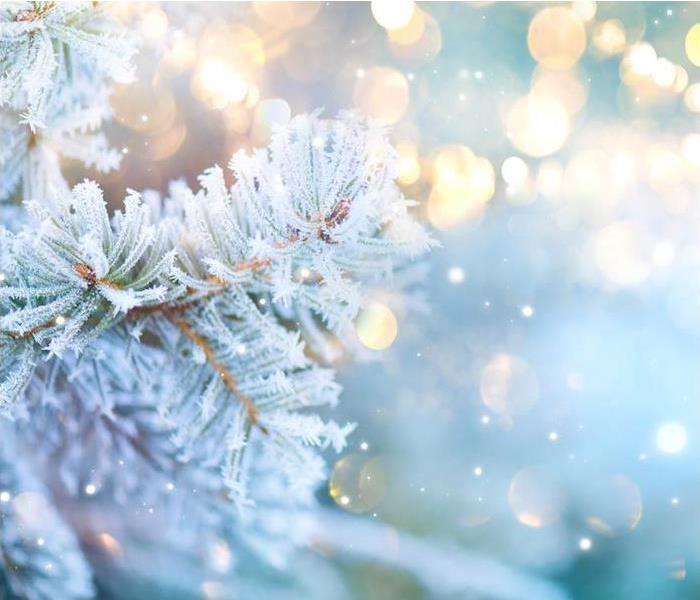Reasons for House Fire Increases in Winter | SERVPRO® of East Erie
12/10/2019 (Permalink)
 Practicing prevention is the best way to reduce the chance of a fire, however if you do experience a loss contact SERVPRO of East Erie County.
Practicing prevention is the best way to reduce the chance of a fire, however if you do experience a loss contact SERVPRO of East Erie County.
While cold temperatures and early sunsets are the trademarks of winter, it is not all about coziness—winter also leads to more house fires than any other season.
While a house fire could occur to anyone at any time, being aware of the things that are riskier in the winter will give you an extra boost to your fire preparedness. We have compiled both some common house fire causes and prevention tips for you to keep in mind during the cooler weather.
Top Causes of Winter House Fires
An Increase in Cooking
Regardless of the time of year, cooking is the No. 1 cause of house fires in the United States. That being said, winter typically leads to an increase in baking, entertaining and large holiday meals, making cooking fires even more common this time of year.
The Risk of Heaters
While staying warm is important, practicing safe heating habits is, too. Heating is the second leading cause of winter firesbecause of how many unsafe heating practices are implored. Small, moveable heaters do not always turn off when tipped over, causing fires to break out. Additionally, practicing fireplace safety by using screens and moving flammable objects away from any flame can cut down on the number of fires that occur due to sparks.
Candles and Decorations
Candles and decorations tend to be used more commonly in the wintertime, both to take advantage of cozy winter scents and to celebrate the holidays. Unfortunately, any time there is an open flame, there is an increased fire risk. Couple this with the fact that many winter decorations use flammable materials or have electronic components and it can easily lead to a home fire.
Tricks for Preventing Winter Fires
Practicing vigilant fire prevention is the best way to ensure you never have to utilize your knowledge during an active fire situation. These helpful tips can be used both in winter and at any time of year to help you reduce your risks:
- Check smoke alarms once every 30 days and replace every 10 years.
- Always monitor open flames.
- Select space heaters with automatic shut-offs in case they tip over.
- Utilize a screen every time you use a fireplace.
- Draft and practice an emergency escape plan with your household.
If your home has been impacted by a fire, call us right away. We are leaders in restoration and can help you recover quickly after a fire occurs.



 24/7 Emergency Service
24/7 Emergency Service